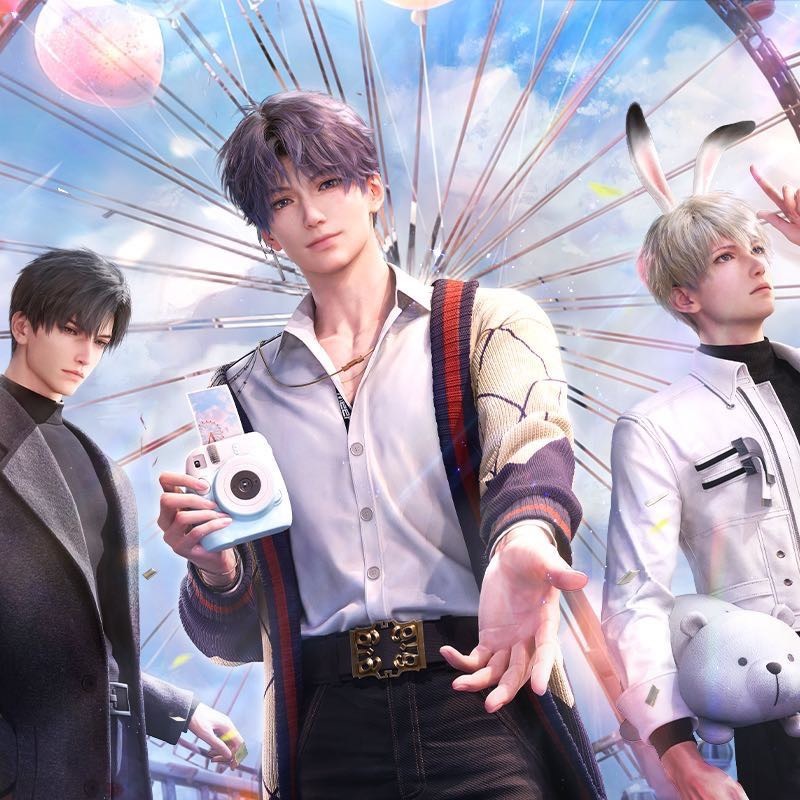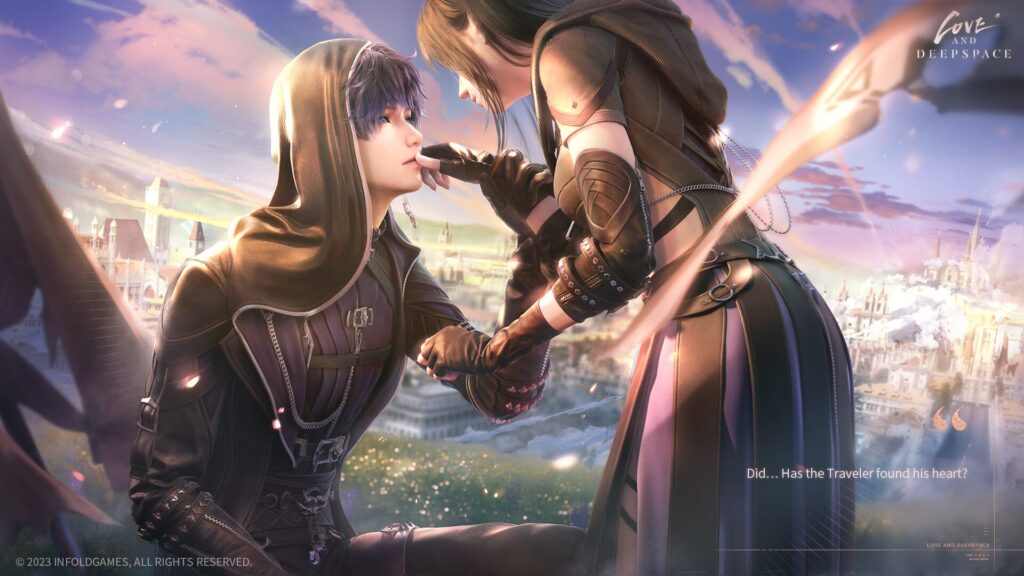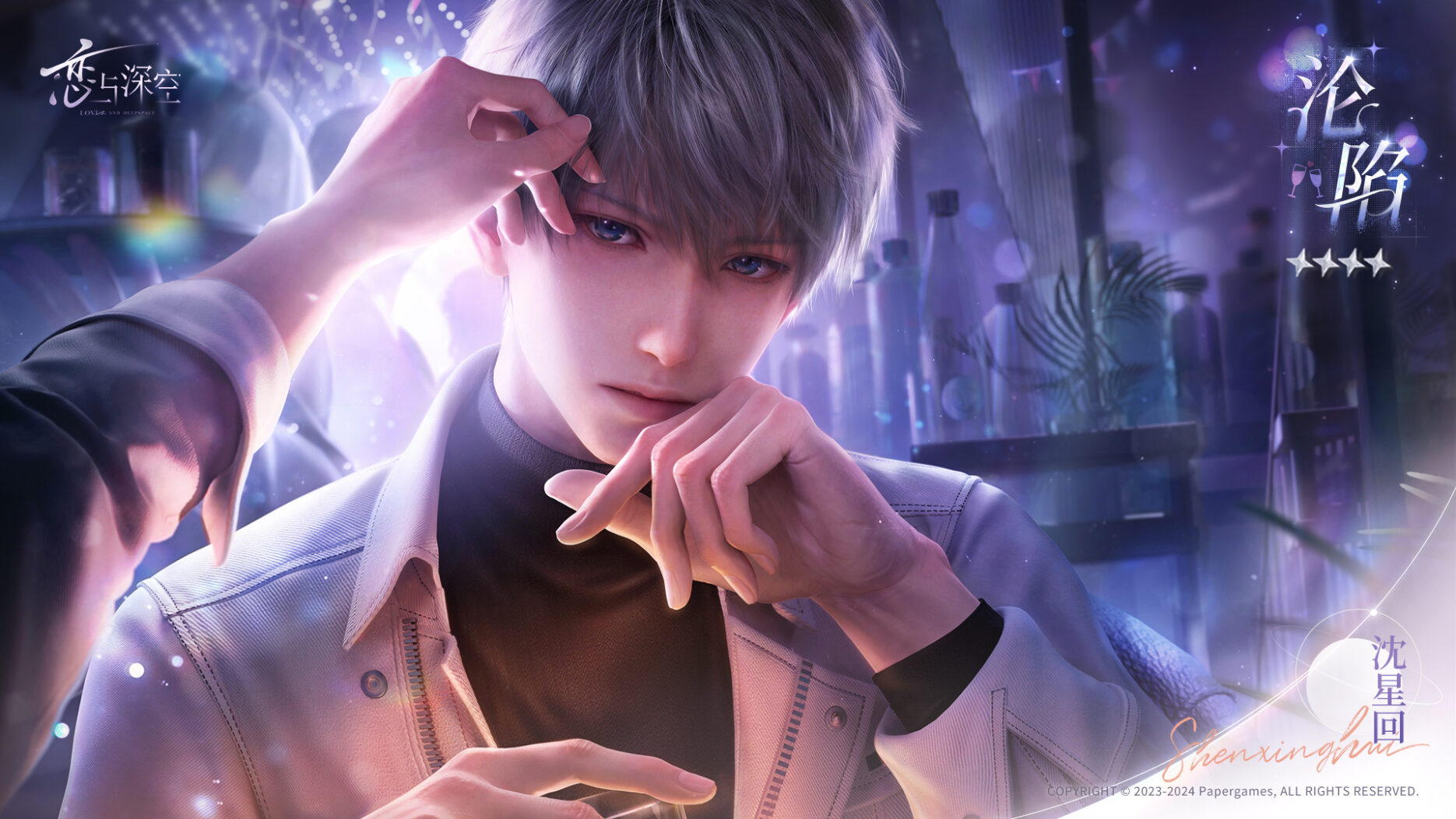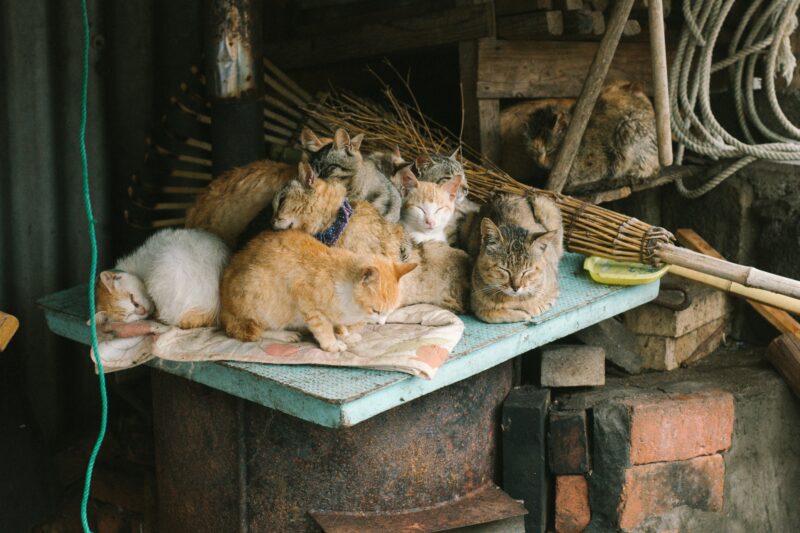China will be home to an estimated 772 million gamers in 2024, who spend an average of 445 RMB a year on video games. Around half of them are women, a fact brands looking to tap into this multi-billion-dollar industry cannot afford to ignore.
It’s not just the high proportion of women that counts. Female gamers also spend more on video games than their male counterparts. This presents a huge opportunity for businesses across sectors, as IP collaborations with video games offer an unparalleled channel for tapping into the zeitgeist and appealing to Gen Z consumers.
Around half of China’s gamers are women, a fact brands cannot afford to ignore
Of course, the 300 million-odd female gamers are not all cut from the same cloth and no genre is one-size-fits-all. But the once-niche otome genre commands a loyal female following and is about to take the industry by storm.
What is Otome?
Otome (Japanese for “maiden”) are story-driven video games in which the gamer, playing as a female protagonist, develops romantic relationships with male non-playable characters. The player has to win the men’s hearts either by following a decision tree format (e.g. selecting dialogue choices that affect their relationship) or through levelling up in stats like style and intelligence that will raise their standing with the male character.
There are usually multiple male love interests to choose from, each fulfilling a different archetype of male attractiveness and resulting in a different flavour of romance. Male-oriented and Boy’s Love dating simulation games also exist, but otome specifically refers to (straight) female-oriented ones.
The genre has been around since the 1990s and is informed by Japan’s long history of female-centered manga, which emerged at the turn of the twentieth century but developed rapidly in the 1950s as female artists in Japan earned more recognition.
The first otome title to reach a wide audience was Tokimeki Memorial Girl’s Side released by Konami for the PlayStation 2 console in 2002 (Konami is the behemoth responsible for franchises like Silent Hill and Yu-Gi-Oh!). Following the story of a normal high school girl, the gameplay in Girl’s Side was light-hearted and naturalistic – players could choose to go shopping or join an afterschool club, for example. This is true of early otome in general, but since then the genre has expanded to include more action and sci-fi elements alongside the main romantic plotlines.
Chinese otome games
In China, Otome games are almost all produced for mobile, reflecting the dominance of mobile games in the market (they accounted for 75% of China’s total gaming sales revenue in 2023). The pioneering Chinese otome title was Mr. Love: Queen’s Choice, released in 2017 by Papergames, a Suzhou-based studio specialising in female-oriented games. It was a smash hit, making 20 million RMB (2.76 million USD) on its first day online and waking the industry up to the power of the demographic. Otome games primarily generate profit through a Gacha model, where players exchange in-game currency to generate a collectible item or new character.
Now, China’s game developers are scrambling to put out otome games. There are more female gamers than ever before and 2024 is set to be the first fully “normal” year of development for the industry since facing several regulatory crackdowns from 2018 onwards.
In January, Papergames released its much-anticipated follow-up to Mr. Love: Queen’s Choice. The new title, Love and Deepspace (恋与深空), is the first otome game to use 3D character modelling and players can customise the female protagonist, making its gameplay more immersive than ever before. In its first month online it generated approximately 600 million RMB (82.9 million USD) and drew in well over 6 million monthly active users. The groundbreaking release is stimulating fierce competition: Tencent Games and NetEase announced marketing campaigns for their respective otome games, Light and Night and For All Time, on the same day that Love and Deepspace went live.


The powerful appeal of otome speaks to what many young Chinese women feel is lacking in reality
How brands can get in on the hype
At first glance, otome fans might seem like caricatures of harmful stereotypes about female gamers: geeky, ill-adjusted loners who can’t find a boyfriend in real life. It’s true that otome, like all simulation games, offers a fantasy. But the powerful appeal of that fantasy speaks to what many young Chinese women feel is lacking in reality: a sense of power. The best new Chinese otome titles like Love and Deepspace offer multi-dimensional love interests, intriguing sci-fi lore to get to grips with, and exciting side missions with combat. Many otome players say they find this empowering – it’s not just about falling in love but being a badass female character.
These new-era otome games demonstrate clear respect for their female target audience. Brands that can similarly show appreciation for what makes the genre great will earn major brownie points with fans. With 2024 set to be a banner year for otome, brands should strike while the iron is hot and collaborate with some smash hit female-oriented IP.
For more on IP collaborations – from television series to internet memes – watch this space for our upcoming in-depth report, available only to Dao Plus subscribers.









